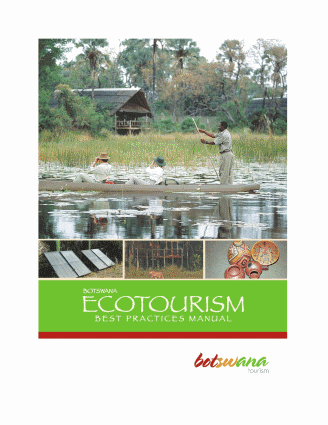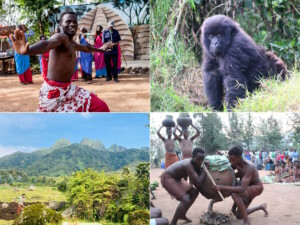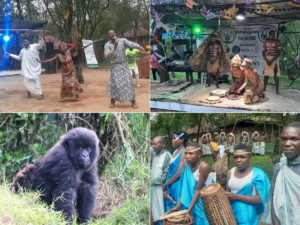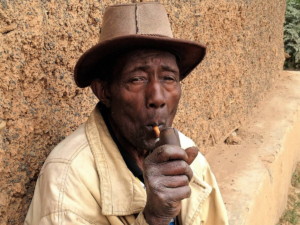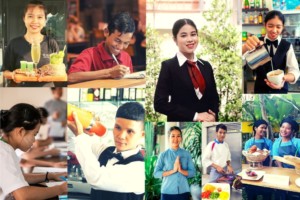Botswana boards the bandwagon of ecotourism & sustainable tourism
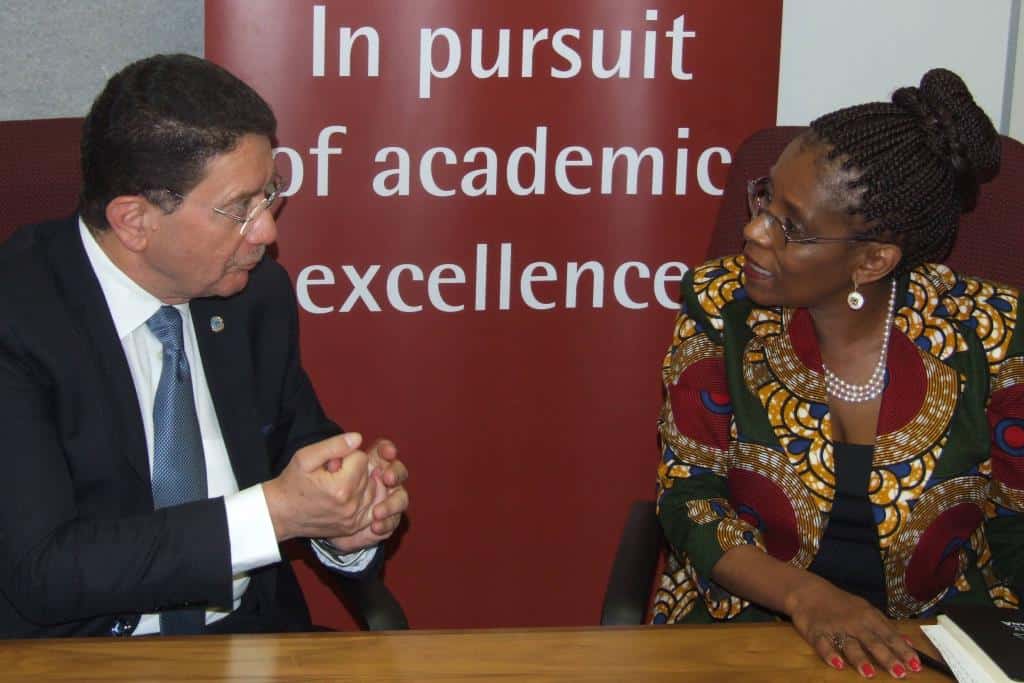
UNWTO Secretary General Dr Taleb Rifai was the guest speaker at the July 26 event, which recognised 2017 as the International Year of Sustainable Tourism for Development.
In his address, Dr Rifai pointed out that sustainable tourism could have a positive effect in developing countries; eradicating poverty, protecting the environment, and improving the overall quality of life. He said tourism leads to a greater awareness of the heritage of other civilizations, a greater appreciation of other countries, and the strengthening of world peace.
The UNWTO chief said tourism had the potential to promote inclusive and sustainable economic growth, full and productive employment, and decent work for all: “More than 3.2 billion international tourists travel the world every day, which means that tourism provides millions of jobs, and is crucial for national and local economies. Thus, it is up to us to utilise and protect it for the future.”
Even though tourism is the third largest export industry in the world, it has its challenges, such as security and economic issues. Thus, Dr Rifai urged Botswana to recognise the challenges, take tourism seriously, and keep local communities in mind when making changes to tourism policy: “We can’t give people a leverage to enjoy the country while we are not enjoying the space. Well designed and well managed tourism can contribute to a healthy sustainable development.”
Rifai said it was Botswana’s responsibility to protect and sustain nature, adding that “nature does not need people but rather people need nature for survival”. He urged Botswana to cherish what it had and make positive use of it: “You owe it to the world to show them what you have. Do not deny the world.”
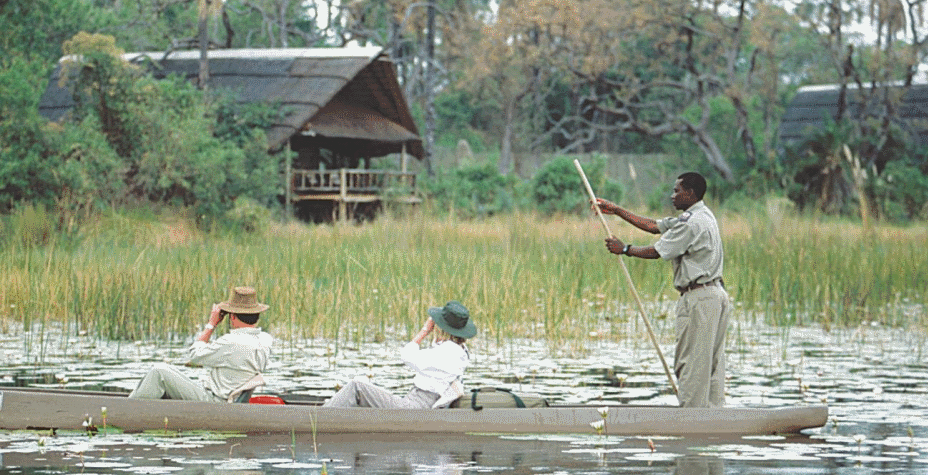
Rifai: “You owe it to the world to show them what you have. Do not deny the world.” The image is snipped from the cover of the Botswana Ecotourism Best Practices Manual, which is available for download below.
According to the University of Botswana, the lecture was an opportunity to raise awareness among public and private sector decision-makers and the public of the contribution of sustainable tourism to development, as well as mobilise stakeholders to “work together in making tourism a catalyst for positive change”.
Professor Moahi said Dr Rifai’s visit “highlighted and cemented the world recognition of Botswana as a leader in sustainable tourism development”.
Source: University of Botswana.
UNWTO proposes tourism research partnership with UB
UNWTO wants to forge a tourism research partnership with the University of Botswana.
In a meeting between UNWTO Secretary General Dr Taleb Rifai and UB Acting Vice Chancellor Prof Kgomotso Moahi, Rifai offered UNWTO’s “fantastic reservoir of knowledge” for UB to tap into.
UNWTO would also offer three- to five-month exchange programmes each year in Madrid, Spain to selected students from UB.
He added that such a partnership would not only benefit UB but the whole country given the potential of the tourism industry as a job creator and economic engine of growth.
Rifai said UB could carve itself a niche by becoming a centre of excellence in the tourism sector by creating training programmes that were attractive to young people.
Source: University of Botswana.
Featured image: UNWTO’s Dr Taleb Rifai & Prof Kgomotso Moahi discuss tourism research, tourism training, and sustainable tourism in Botswana at the University of Botswana. Source: UB
Downloads
- Botswana Tourism’s Ecotourism Best Practices Manual (PDF 6 MB)
- Botswana Tourism’s Ecotourism Standards (PDF 2 MB)
Related posts


